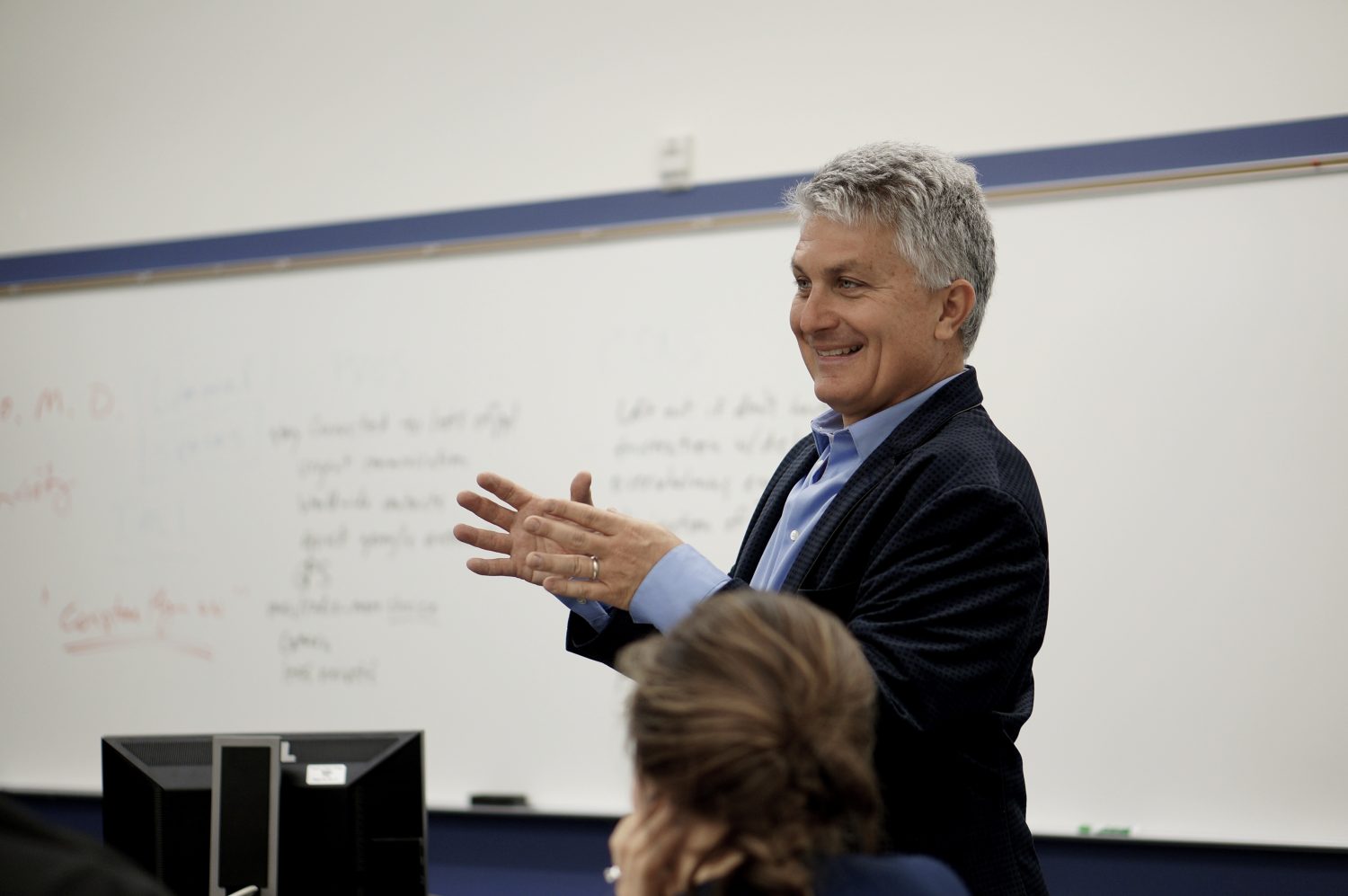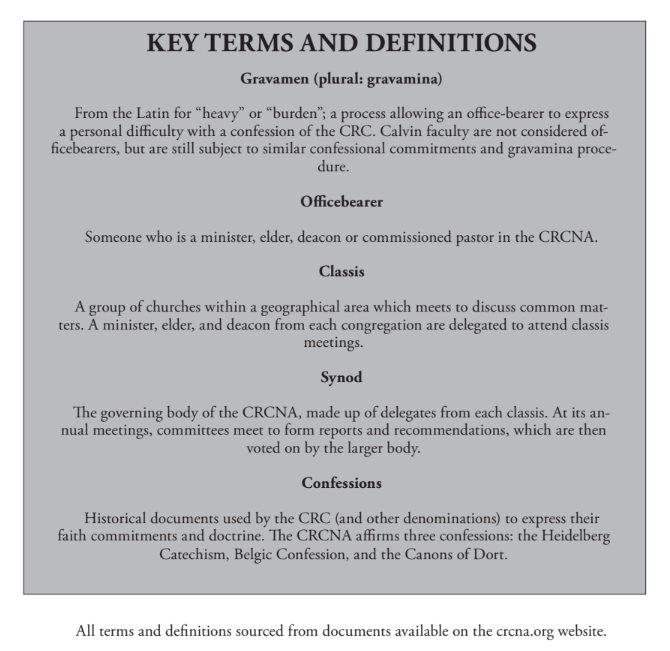Calvin’s culturally enriching January Series is back with another impressive and diverse crop of speakers. Among them is Pepperdine University communications professor Craig Detweiler, who has been featured on CNN, NPR and in The New York Times.
Detweiler holds a doctorate from Fuller Theological Seminary and is also an author, award-winning filmmaker and cultural commentator.
On Monday, Jan. 12, he took the stage to address a very appropriate topic: the role of technology in our lives.
Throughout his speech, he continually expressed his amazement at what technology has done for the world and the potential that it offers.
Addressing its vast presence in our lives, he said:
“It is our way to navigate the world, connect with others and express ourselves—our map, our pen, our creative outlet. It gives us a sense of belonging to something bigger than ourselves.”
The focal point of the speech, however, lay in his concern for technology’s potential to shape our lives in negative ways. He expressed that, while it brings so much potential for good, it also brings the potential for bad, the potential to become an idol in our lives.
“[Technology] was designed to serve us, and yet we often end up serving it,” said Detweiler.
With the smartphone as an example, he claimed that admiring an object can easily cross over to obsessing over it. In support, he added that people check their phones an average of 150 times per day, every six-and-a-half minutes.
For junior Ari Vangeest, that statistic was thought-provoking.
“Am I really doing what I am meant to do if I am on a device this often?” said Vangeest.
Detweiler filled his speech with questions similar to the one Vangeest asked: Is technology a blessing or a curse? A hope to embrace or temptation to avoid? How much faith should be placed in technology? What does it mean for me?
The common ground for answering all these questions was revealed in his final message that we must develop a sense of digital discipleship — a sense of how to love and care for one another online and offline.
“Is our phone making us more loving? Patient? Compassionate?” he asked.
“We’re called to create, not just consume, and not to be consumed.”
He ended by claiming that the ultimate sign of respect for those in our lives is being fully present. Providing God and those around us with our undivided attention means we must sometimes set our technology aside, or, as he put it:
“We may need to power down in order to power up.”








